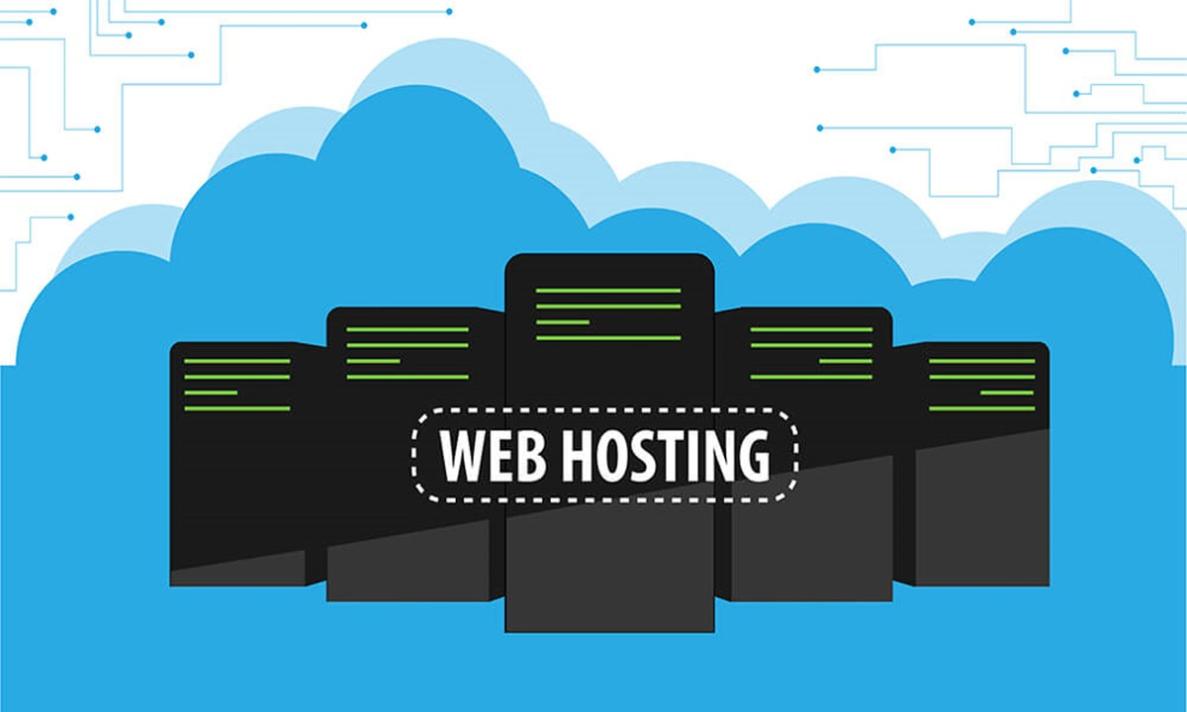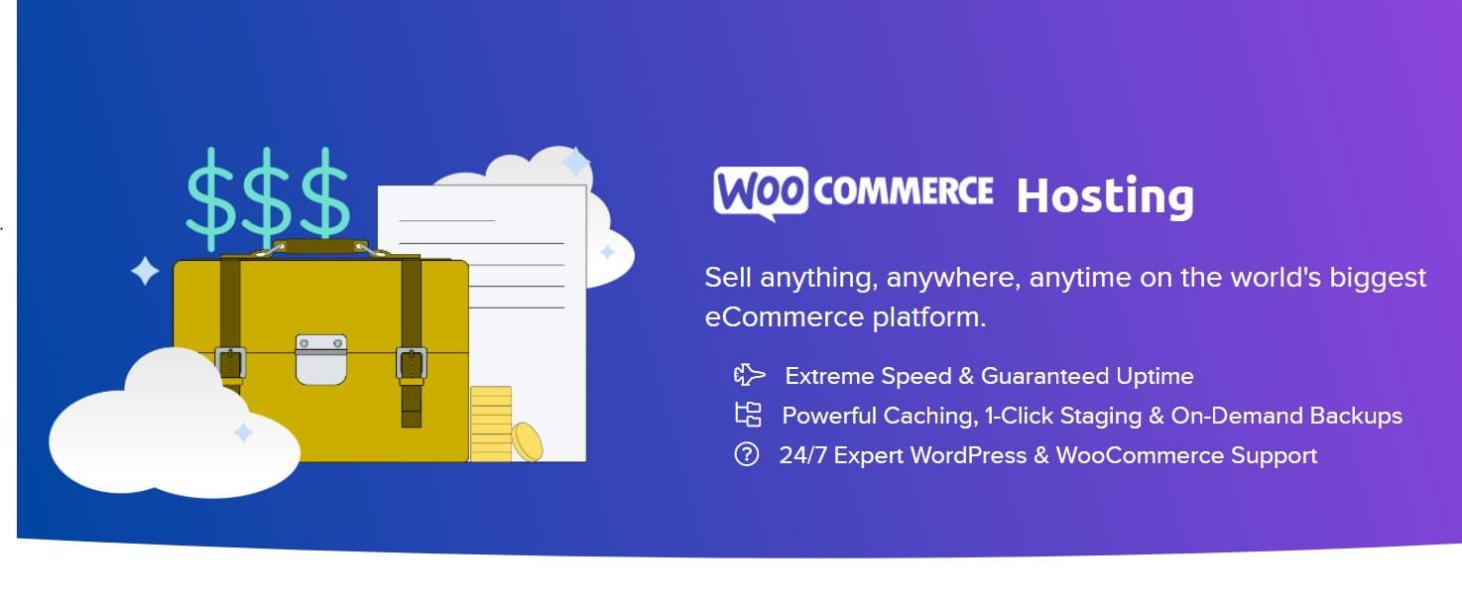Ecommerce Hosting vs. Shared Hosting: What's the Difference?
When it comes to choosing a web hosting solution for your online business, you'll encounter two primary options: ecommerce hosting and shared hosting. Understanding the differences between these two hosting types is crucial to ensure you select the one that best suits your specific needs and requirements.

Understanding Ecommerce Hosting
Ecommerce hosting is a specialized type of web hosting designed to meet the unique requirements of online stores and businesses that sell products or services online. It provides the necessary features, functionalities, and resources to support the smooth operation of an ecommerce website.
- Enhanced Security: Ecommerce hosting typically offers robust security features to protect sensitive customer data, such as SSL certificates, fraud protection, and regular security scans.
- Scalability: Ecommerce hosting is designed to handle sudden spikes in traffic and support business growth. It allows you to easily scale your resources as your business expands.
- Performance Optimization: Ecommerce hosting providers optimize their servers and infrastructure to deliver fast website loading speeds and optimal performance, crucial for a seamless online shopping experience.
- PCI Compliance: Ecommerce hosting solutions often include features to help businesses comply with Payment Card Industry (PCI) security standards, ensuring the secure processing of online payments.
Exploring Shared Hosting
Shared hosting is a cost-effective web hosting option where multiple websites share the same server resources, such as CPU, RAM, and storage space. It is commonly used for personal websites, blogs, and small businesses with low to moderate traffic.
- Affordability: Shared hosting is generally the most affordable web hosting option, making it a suitable choice for startups and individuals with limited budgets.
- Ease of Use: Shared hosting providers often offer user-friendly control panels and pre-installed software, making it easy for beginners to manage their websites.
- Limited Resources: Since resources are shared among multiple websites, shared hosting may not be suitable for resource-intensive applications or websites with high traffic.
- Security Concerns: Shared hosting environments can be more vulnerable to security breaches and attacks due to the presence of multiple websites on the same server.
Comparing Ecommerce Hosting And Shared Hosting

The following table provides a comprehensive comparison of the key features and differences between ecommerce hosting and shared hosting:
| Feature | Ecommerce Hosting | Shared Hosting |
|---|---|---|
| Purpose | Specifically designed for online stores and businesses selling products or services online | General-purpose hosting suitable for personal websites, blogs, and small businesses |
| Security | Enhanced security features, SSL certificates, fraud protection, regular security scans | Basic security measures, may require additional security plugins or services |
| Scalability | Designed to handle sudden traffic spikes and support business growth | Limited scalability, may require upgrading to a higher hosting plan as traffic increases |
| Performance | Optimized for fast website loading speeds and optimal performance | Performance may vary depending on the resources allocated to each website |
| PCI Compliance | Often includes features to help businesses comply with PCI security standards | May not provide specific features for PCI compliance, additional measures may be required |
| Cost | Typically more expensive than shared hosting due to specialized features and resources | Generally the most affordable web hosting option |
Security And Reliability
Security is of paramount importance for ecommerce websites handling sensitive customer data and financial transactions. Ecommerce hosting providers typically offer robust security features and measures to protect against cyber threats and data breaches.
Reliability is another crucial factor to consider, especially for ecommerce websites that rely on uninterrupted online operations. Ecommerce hosting providers often have redundant servers, backup systems, and uptime guarantees to ensure maximum website availability and minimize downtime.
Performance And Speed
Website performance and speed are critical factors that directly impact the user experience and conversion rates of ecommerce websites. Ecommerce hosting providers optimize their servers and infrastructure to deliver fast website loading speeds and optimal performance.
Factors such as server resources, caching techniques, and optimization techniques play a significant role in website performance. Ecommerce hosting solutions often include features and tools to help businesses improve their website's speed and overall performance.
Cost And Value
Ecommerce hosting is generally more expensive than shared hosting due to the specialized features, enhanced security, and scalable resources it provides. However, it is important to consider the value and benefits offered by each hosting type in relation to the cost.
Ecommerce hosting may be a worthwhile investment for businesses that prioritize security, performance, and scalability. Shared hosting, on the other hand, may be suitable for startups and individuals with limited budgets and low traffic websites.
Choosing the right web hosting solution for your ecommerce business is crucial for ensuring a secure, reliable, and high-performing online store. Ecommerce hosting offers specialized features, enhanced security, scalability, and performance optimization tailored to the unique needs of online businesses.
While shared hosting is a cost-effective option for personal websites and small businesses, it may not be suitable for ecommerce websites with high traffic and security requirements. Carefully consider your specific needs and requirements when selecting a web hosting solution to ensure the best fit for your online business.
YesNo

Leave a Reply